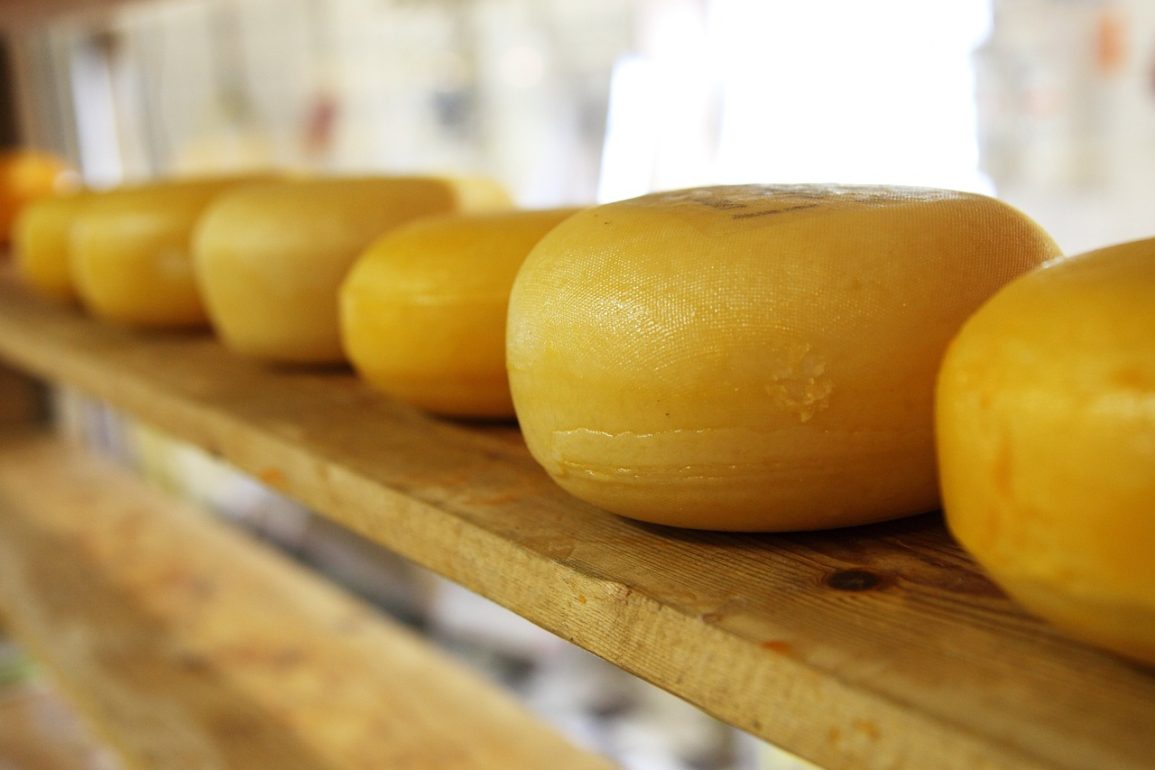In a groundbreaking discovery, scientists have successfully extracted and analyzed DNA from ancient cheese samples dating back approximately 3,600 years, found alongside mummies in the Tarim Basin of China.
This significant research, published on September 25 in the journal Cell, sheds light on the origins of kefir cheese and the evolution of probiotic bacteria, providing a glimpse into the dietary practices of ancient civilizations.
“This is the oldest known cheese sample ever discovered in the world,” stated Qiaomei Fu, the study’s lead author from the Institute of Vertebrate Paleontology and Paleoanthropology.
The cheese was discovered on mummies from the Bronze Age, specifically in the Xiaohe cemetery, where archeologists unearthed mysterious white substances smeared on the mummies’ heads and necks.
Initially speculated to be a fermented dairy product, the exact nature remained unidentified until now.

Using advanced DNA analysis techniques, Fu’s team extracted mitochondrial DNA from samples across three tombs.
They identified both cow and goat DNA, indicating the ancient Xiaohe people practiced the separation of milk types—a significant contrast to the mixing methods seen in contemporary Middle Eastern and Greek cheesemaking.
Remarkably, they confirmed the white substances were indeed kefir cheese, revealing the presence of Lactobacillus kefiranofaciens and Pichia kudriavzevii, bacteria and yeast integral to modern kefir grains.
The research challenges existing beliefs about kefir’s origins, suggesting it has been cultivated in Northwestern China’s Xinjiang region since the Bronze Age, possibly connected to the Tibetan strain of Lactobacillus.
This discovery not only enhances our understanding of ancient diets but also illustrates how probiotic bacteria have evolved over millennia, adapting to human hosts and environmental changes.
“This study provides unprecedented insights into how human interactions with probiotics have shaped our diets,” Fu concluded, emphasizing the potential for further exploration of ancient artifacts through this innovative technology.

